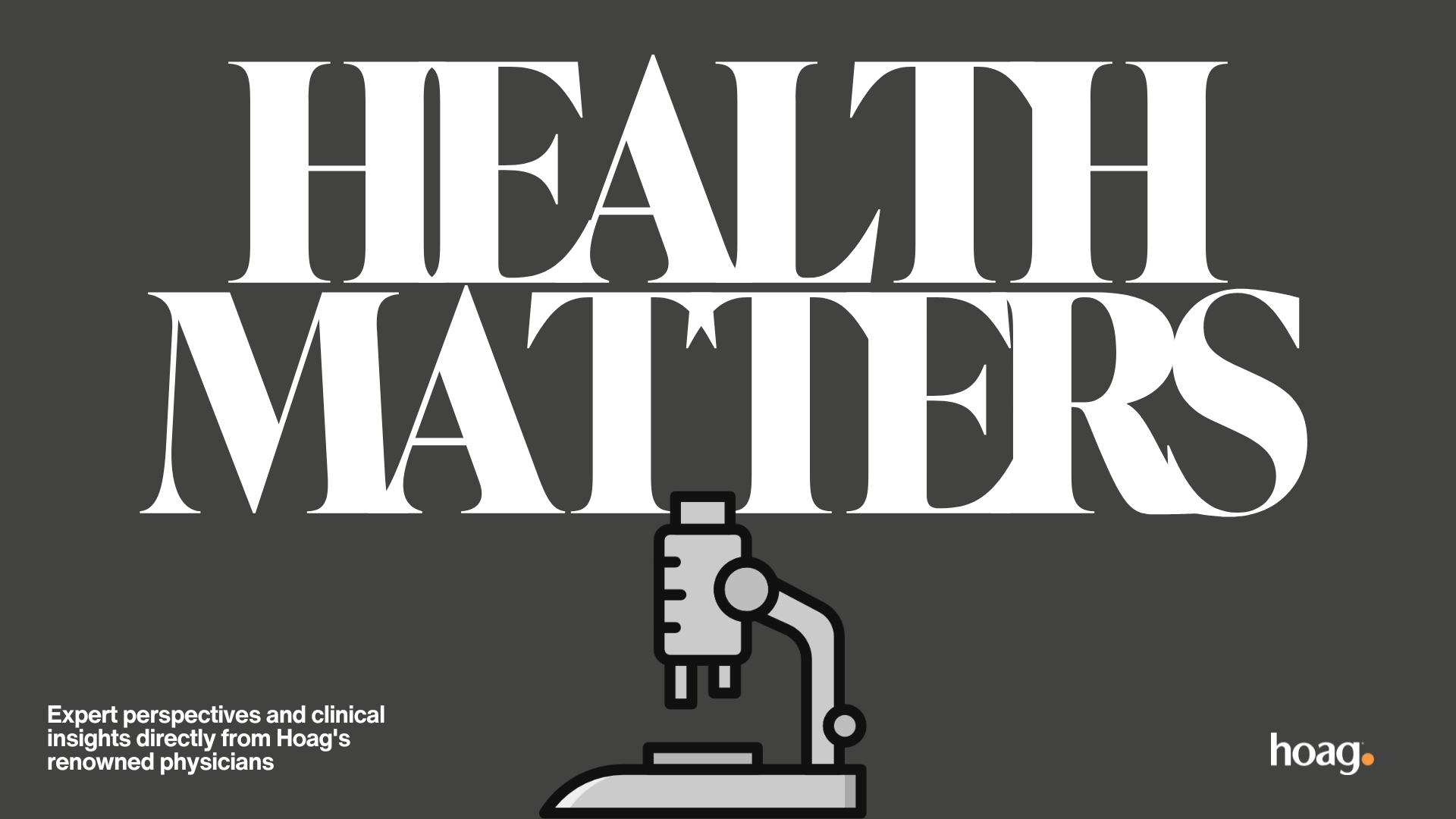Reframing the Conversation Around Male Fertility

By Charles A. Loeb, M.D.
June is Men’s Health Month, an opportunity to spotlight the unique health challenges men face – and change the way we talk about them. One of the most overlooked and under-discussed topics in the world of men’s health? Fertility. At Hoag, we believe it’s time to change that.
As a fellowship-trained urologist specializing in sexual medicine and male fertility, I’m proud to be part of a bold, growing effort to elevate and expand men’s reproductive and sexual health services across Orange County. For far too long, male fertility has been treated as secondary or even invisible in the broader conversation around family-building. Not anymore.
According to the World Health Organization, one in six couples experiences infertility. Men contribute to nearly half of those cases, and in 20-30%, male factor is the sole cause. Despite this, men are often left out of the fertility workup and treatment plan entirely. It’s time to change that narrative. Let’s be clear: male infertility is not a personal failing—it’s a medical condition, and in some cases, an early warning sign of underlying health concerns such as hormonal imbalances, testicular disorders, or even chronic disease. Recognizing and addressing it can improve not only fertility but also overall health and well-being. It’s time we normalize talking about it, diagnosing it and treating it.
At Hoag, we offer a full spectrum of fertility care for men, from those starting their fertility journey to those exploring a vasectomy or seeking a vasectomy reversal later in life. Our services include microscopic varicocelectomy, vasectomy reversal, sperm retrieval techniques including microTESE for use in assisted reproduction, and hormonal therapies that preserve fertility while restoring balance. These are life-changing interventions that help men build families while supporting their physical, emotional and relational health.
We also know these conversations don’t happen in a vacuum. Topics like erectile dysfunction, testosterone use, and the stress of trying to conceive can deeply impact confidence and intimacy, and they’re all part of the broader reproductive health picture. I regularly see patients who are surprised to learn that treatments like testosterone therapy can harm sperm production or that difficulty with erections may stem from performance anxiety, stress, hormonal issues, or undiagnosed medical conditions. These are important discussions, and they deserve to happen in a setting that is open, evidence-based, and stigma-free.
Of course, we also focus on the fundamentals: nutrition, exercise, sleep, and stress management. These four pillars influence everything from testosterone and sperm health to energy, metabolism and mood. When I meet with patients, we evaluate the whole picture and work together to identify meaningful areas for improvement. Our multidisciplinary team at Hoag brings together experts across specialties to support each patient’s unique goals—whether optimizing fertility, improving quality of life, or simply taking better care of his health.
Men’s Health Month is the perfect time to take action—not just for yourself, but for your future and your family. Fertility is health. Sexual function is health. Confidence and connection are health. At Hoag, we’re not just treating conditions, we’re reshaping how men experience and engage with their care.
The progress we’re making in men’s health and fertility at Hoag is just the beginning. And it all starts with talking about it. If you’re ready to take charge of your reproductive health, or simply want to understand your options, we’re here, and we’re ready to listen.